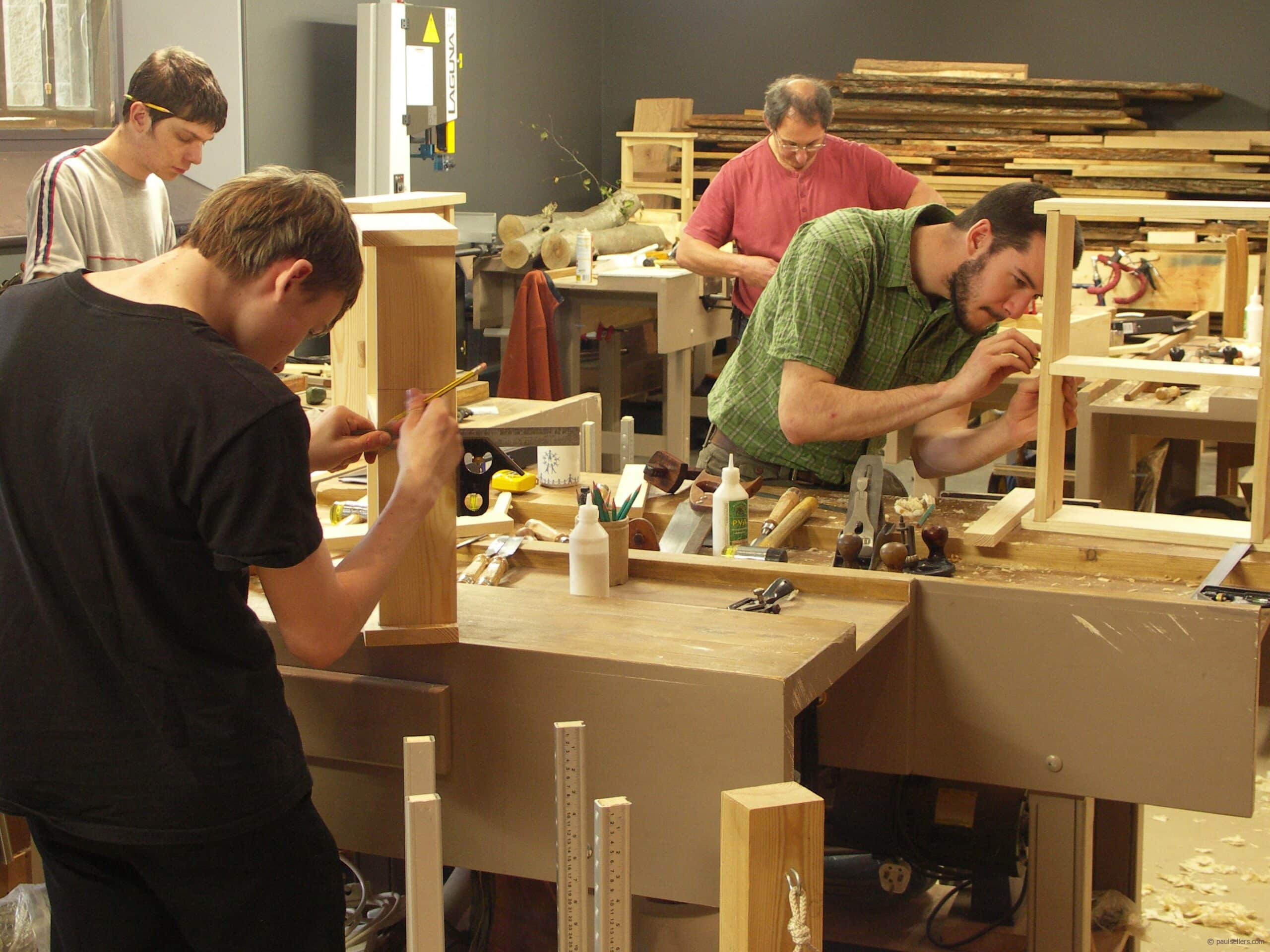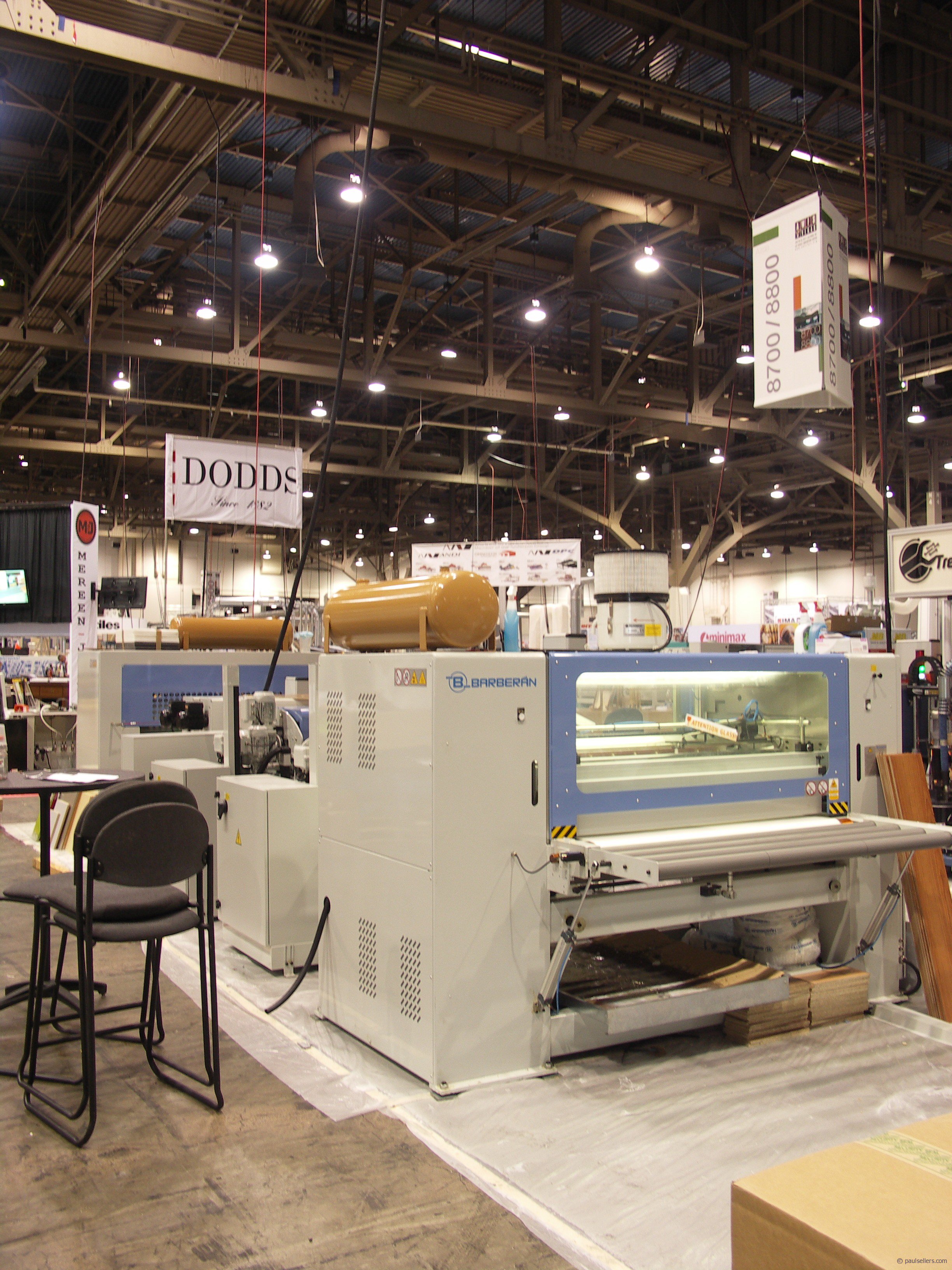A Response
I was surprised by my surprise to the response to the blog post All In a Day’s Recovery. It was in some ways touching and then somewhat saddening too. After seeing the response, since I wrote the draft below, I was further surprised that so many had different points of view. It made me realise how valued the weekends were in getting ‘away’ from work and as far as possible at that. I have always been aware the=at weekend time and evening time are very precious to woodworkers. Imagine how it feels for me when I have always seen the value of resting my body and mind for at least one of the two days we know as weekend but always had a heightened sense of anticipation for the coming week. Though in recent years my work has radically changed to include writing, photography and filming too, I always did look forward to going to work, woke each morning ready to go, never felt the ‘Oh, no!’ feeling others seem to feel most mornings.
It’s hard to imagine a culture that devised a system of working where the key motivator to get people out to work was just earning enough money. Whereas I enjoy the work side of things, also always enjoyed the people I have worked alongside through the years. But it was in my woodworking classes, for about two decades or so in classes then occurring about every two weeks that I began to see the struggles people had towards working. Mainly it was because I always asked my students a series of questions early on in the first day. The responses to the blog here had not caught me so much by surprise as by the underlying unsettledness most people working had. It seems that enthusiasm starts out well but then wanes. The waning continues until it can be stood no more and something has to change. The person changes job and they feel the enthusiasm return. After a while that wanes and so it goes. Of course that is not for everyone, but it could be for as many as 80%???
Here are the questions I asked:
- How many of you are doing the job you hoped to do before you landed it?
- How many of you obtained a university degree to get the job you planned on doing as a career plan?
- How many of you look forward in general to going to work each day?
- How many of you would choose an alternative career?
- How many of you would choose an alternative career path but simply cannot change now because you’ve invested to much of your life in where you are?
- How many of you would rather have not chosen the university path but would have chosen manually creative craft work like woodworking had you known then what you know now?
- Was money or earning the main contributing factor in the choices you made?
- Would you have chosen woodworking as a training period in craft first and then gone to higher education if you could have.
Answer percentages—roughly as I remember them on average.
- 80% no.
- 80% no
- 20% yes
- 80% yes
- 80% yes
- 90% yes
- 95% yes
- 90% yes
Of course the classes were 95% male with almost no shift over the past 25 years since I began teaching classes and I am preaching to the choir. It would be interesting to see a more general response from a more general audience.
It’s a serious thing to live in a culture where almost zero furniture and product made from real wood is made and almost all such things are imported. Even many of the big box stores import most of what they sell and actually make very little in-house so to speak. Many so-called woodworkers I know and meet including so-called furniture makers had high expectations when they followed a career plan to include a ‘good‘ university degree to equip them but ended up as machinists pushing modern engineered materials through mass manufacturing machines like spindle moulders, saws and edge-banders—and that for years on end.
I wonder what it would look like to have regional workshops of shared space where ten woodworkers could work closely with one another to make well-designed pieces either semi independently or together at varying levels of connectedness. I am of course talking shared space, shared equipment and such. Can such a thing truly exist in a culture that constantly yells be independent, be self made? And I’m not talking about all hand work as such, more a mix of machine work with hand work as I have done for 50 years to date. The danger as always is personality issues leading to conflict. 10 independents with no overseeing management as in work can lead to many disasters. But still, just imagine it.
In a world where we seem to be losing the battle against depression and anxiety, stressfulness and solace, I am ever more convinced that woodworking, craft work of many types, has many more answers than we care to acknowledge. But of course someone somewhere has to see that governments, no matter the flavour—labour, liberal, conservative, democrats, republicans did indeed sell out the jobs of the people to the lowest bidders elsewhere on other continents.
Would I have been happy just working for a boss throughout my life? Well, in some ways I would and in others, no. In some ways it is of course easy to have a fixed income wage with some bonuses that guarantee perhaps a little more than merely a living wage. If you had a boss that valued your input and paid you for any that went beyond your job title that would be great. What if you have done as I did and became the engineer behind all of the design work, you had a flair for it entrepreneurially? What if indeed you were that entrepreneur? You see I saw early on that I could indeed design. I could come up with things that were uniquely mine and that people wanted what I could design and make. I was 22 when i went self employed. It was a risk, it was hard, I was married, mortgage, car payment. I took a second job working three shifts a month as a police officer but the reason I chose it was not so much the pay or the security or the love of police work but the shift work. In the 8 years I never missed one full 8 hour day making woodworking work. When the time was right I resigned and continued my self employment, bought my tickets to migrate to the USA with my family and never looked back. Plain sailing easy? Nope, plane, oops, plain hard work and risky at that. But I loved going to the State Fairs in Texas, or Oktoberfest, Fredericksburg, Texas or Pecan Street Festival downtown Austin with my rocking chairs and my walking sticks, my turned bowls and my other furniture pieces. I’d sink the few thousand dollars I took at each fair I did into the next 3 months as I prepared pieces for the next show. What did I gain from all of that? Working for myself and progressing my love for woodworking!
Whereas my route is not for everyone, I do look back on the challenges and wonder how on earth I did all that I did. I fondly recall meeting my first rattle snakes on my own in the wilderness deserts of Texas and feeling thankful in the small mercy of buying that little 410 shotgun from my neighbour. I am glad I had the chance to fall in love with the mesquite trees with their long, sweet bean pods that drew in the Texas Longhorns and the Herefords alike from miles away when I had dropped the trees for the wood they yielded and the sweet smell reached their distant nostrils. When you see such things as miles of untouched land ablaze with Indian Paint brushes and Texas blue bonnets, the silent lizards, tarantulas and even scorpions, you know you’ve lived and you’ve loved.
I still want to talk about things like depression!


Paul
I tried your route but I was never trained properly in woodworking so I was Ill prepared for the pace I needed to build cabinets. I just couldn’t get up to speed fast enough to make enough money to support my family.
Then recession hit and all the woodwork business went away. I always did side jobs over the years though. Its hard for me to answer the yes or no questions without qualifying them. We all make decisions in life with the best information we have at the time. Jobs with meaningful work are disappearing now, we are a nation of spreadsheet monkeys and even those jobs are going to be obsolete soon.
There is just somethng about Texas! I love England and have been there many times but there is just somethng about Texas.
I appreciate your words about work. I am in a job at an university that I really love (at least most days) but, at age 61, I must admit I am looking forward to a timewhen I can spend more time in the workshop. And for me at least, that does not mean retirement. It just means that I change jobs when I have accomplished what I was called to do at the unversity.
Thanks again for your thoughtful words.
Please tell us more about Constable Sellers!!
That’s another lifetime I don’t have.
“I wonder what it would look like to have regional workshops of shared space where ten woodworkers could work closely with one another to make well-designed pieces either semi independently or together at varying levels of connectedness. ”
I have been thinking about something like this for a while. Well since you moved in the Sylva building. I liked the idea of a place where people could work together and creating.
I think the problem with work these days is that it is fake. Most people do not create anything they can hold, feel, smell or will last. I work in the IT industry. I build virtual servers, write scripts and programs that are all stored in a virtual world. Never intended to last more than ten years. Then there is the sitting all day. I once worked a job (barely enough to live on) where I worked for a living. Had calloused hands and felt good at the end of the day because I built something. It was assembly work, But I could see the product at the end of the day.
The one thing I really wished I could have realized when I was young was the love to working with my hands. My grandfather was a machinist and loved to make things. You name it cabinets, tools, campers, trailers, furniture, etc.. He lover learning and building things. They loved 8 hours away and I only seen them two or 3 times a year. If i had to do it all over again, I would have moved close to him and learned a trade. He was a craftsman and of German heritage. I could have learned so much from him.
Similiar fate here as a IT Specialist. That last paragraph, with both a Father in law a carreer wooodworker and a Father making wooden toys for 25 years, how I miss to have them around at this time.
I inherited all those machines and hand tools, bought Paul’s book and hope to enjoy learning and enjoy making things as I remember.
We in Australia have what’s called a “Mens Shed” where retirees and non retirees can assemble to make what they want or get together and make something for the community groups in their area, Schools , clubs etc. We all seem to get along with each other and use the club as a means of mental health for us all as we seem to lose contact with people as we grow older. Do they have this organisation in UK or USA.
They do and it’s flourishing.
I’m 52 and right in the process of making change. The changes are driven from within and cannot be rejected nor resisted. I don’t find myself on this path because of Paul’s talks or writing, the choice(s) was not even a concious decision. And it is an uphill road. For me, Paul’s article is nice and inspiring food for thought!
Working wood since childhood for ANY solutions in my home environments and when helping friends, I never considered it as a career opportunity. I was an early IT-specialist from the mid-80s and still I am working in IT. The job is fine, I enjoy the start of every working day and I feel driven during the day without exception. Satisfaction comes from the feedback and team spirit during the ongoing daily working, nót from the bank statements in my mailbox at the end of the month. So what has changed to my current state of being?….
It is (of course) a multitude of experiences and thoughts. But the main drive boils down to my conviction of my personal need to be active in a maker-process with a substantial- and tangible outcome. And I grew to this recognition trough the last 6- or 7 years, where I find myself living at the same spot (I have moved quite a lot in my life, sometimes within months, never found myself stay- and live for longer than about 3 years at one address).
This last couple of years, I have a stability with some fine friends whom I have been able to help on some larger changes in their lives; helping move into new homes or help on some of their ongoing renovations. I could make a difference to other’s lives that were somewhat limited due to health, age or a lack of skills. The process of doing, hands-on working together and leaving behind a great improvement to their environment is a very satifying state of being and state of mind. These changes are impacting their- and my life so much more tangible than just some ‘changed computer-bits in the cloud’!
I decided 3 years ago to rent a workshop (that needed some hardcore renovation in itself) and setup my woodworking space there. I designed, built and restored quite many projects, all after-hours and in weekends. All have left the shop, for free. Then, some months ago, I reduced my working hours from 40 hours down to 32 hours a week. A very much welcome improvement of quality of life, balancing work with free time (not all free time is spent in the shop!).
In life, when engaged in conversation with friends, colleagues, acquaintances or when meeting new people, my woodworking topic also comes up once in a while. The usual response is interest, curiosity, empathy and enthusiasm. Lately, this results also in people contacting back to me to inquire about me building some dedicated solution for them, some commissioned projects.
So far I ‘failed’ on those..
It is not failing of course; I have always been able to meet all committments and also my own ethic and moral satifaction. I have been overspending waaaay too many hours (to implement changes/improvements on the fly, or just my honor-committment-to best possible quality), loosing my timelines.. But the main challenge that I’m facing today and in next near future is to find a way to build WHAT I want (or a good compromise) with solid agreement. I have taken on some projects that didn’t fit my heart and soul and I should have said ‘no’ to those. I learn to recognise those by experience.
Meanwhile, I have been offered an allotment garden with a small woodhouse (needs work) by some friends, I Am terminating the shop and move my bench and tools to the bedroom in the gardenhouse over the next couple of weeks. I will seek to have the workbench available close by where I live although I will have to find the best compromise as I don’t want to relinquish my ‘other life’..
Awareness and confidence are high, changes don’t happen overnight like the flip of a switch but are progressing as I live them. I’m a woodworker, not full time, but I’m a woodworker.
(If you consider this post too long or exhaustive, then please feel free to remove: no offense taken at all!)
It’s interesting that 95% said they work for money. I was asked the same question on a management course and gave the same answer. The tutor asked me if money was my main motivation why wasn’t I working in the Middle East. It did make me realise job satisfaction was more important.
I think one of the important factors in loving what you do is feeling like you’re making a difference. Too many of us are human cogs in large corporate machines. Often extra work and efforts to make improvements are not only ignored or unwelcome but actually chided. That kind of existence wears a person’s spirit down quickly.
Another important factor, as I see it, is choosing to love what you do and taking pride in your work. When you have the choice to do quality work and feel good about what you’ve accomplished it gives a very rewarding feeling. Being proud of quality work in woodcraft or in programming can both make a person feel energized and excited to do more.
Conversely, if you had to punch a clock to turn out sub-par chip-board furniture to ever decreasing standards; if you saw obvious areas for improvement in quality and process and your suggestions earned you scorn instead of praise; if weren’t challenged by the work, how would you feel about Monday morning?
Your “Response” struck a chord with me. Interesting questions. My responses would have skewed the percentages a bit. I worked in what I wanted, I loved my job, very challenging. I was a design engineer, then a lead project engineer (electronics). But for all that I loved it, I only did it to have enough money to do other things. It was challenging, interesting, but only a job. When I had saved enough to sustain me and my wife I retired at age 59. I had always played around at woodworking, but without any understanding of what I was doing, or should be doing, or how to do it. But the feel, sight, smell of wood was always fascinating and relaxing. So I then went to a very good woodworking school and fell in love with furniture making. The Krenov school of fine woodworking in Fort Bragg California. I now dedicate my days to making furniture. Machines for rough size cutting, then all else by hand. A number of the other students did form woodworking co-ops after graduation. They seem to be doing relatively well. I keep up to date on efforts through the Krenov woodworking school alumni website. I don’t need to earn a living at woodworking. Purely a hobby thank God. At my woodworking speed I would soon be bankrupt. But for those who want to earn a living at it, life is hard. Not many people appreciate, or even know, the difference between hand work and factory production work. Why pay thousands for a hand made piece when you can buy a perfectly fine factory production piece for hundreds? Knowledgeable and affluent customers are rare and jealously guarded. Despite this I believe, here in the USA, there is a growing number of woodworkers. I believe that the majority are hobbyists, but I am not really sure. Why do we do this? Why this increasing number of woodworkers? I know why I do this. In this age of busy, busy, gadgets, politics, etc. and other commitments; handwork is an immensely serene and mind calming balm. I work at selecting boards with compatible tones and grain flow, at joinery, dovetails, the feel of the wood, whatever, and my mind is so relaxed, almost floating in a different plane. It is addictive, and I could not deny myself this pleasure. I do not know how others feel; for me this is a communion with nature an escape from the frenetic pace of everyday life.
In 1967 I took on a summer job with Imperial Oil in their “IT” department, preparing punched cards for their main computer processing of credit cards. That job set my life path. It exposed me to so much programmable electronic equipment (not computers, programmable with wires) than it was like a dream come true, although that dream had not yet happened. This was the era of the IBM 360 series of computers where a computer about 10ft wide by 4ft deep and 4ft high was a miracle with 4k bytes of core memory 🙁 I went on to attend university but lasted only 6 months, I was teaching them more than they were teaching me. So I went into the workforce looking for IT work and have never looked back, no formal training all self learnt. In the late 80’s I started independent consulting which had the added benefit of allowing much of my work to be done from home. In 1994 I registered a company, only because some of the contracts I was going after wanted to deal with a corporation rather than an individual. Last year I retired after almost 50 years of loving every day of my “job”. Often while working on complex projects I would keep a pad and pencil beside my bed, I would go to sleep mulling over particular issues and wake up during the night with a solution, hence the pad and pencil. I even recall solving one particularly nasty problem after a dream where I “crawled inside my code” and evaluated it from the inside out.
So yes, some people really do love their job, me being one 🙂